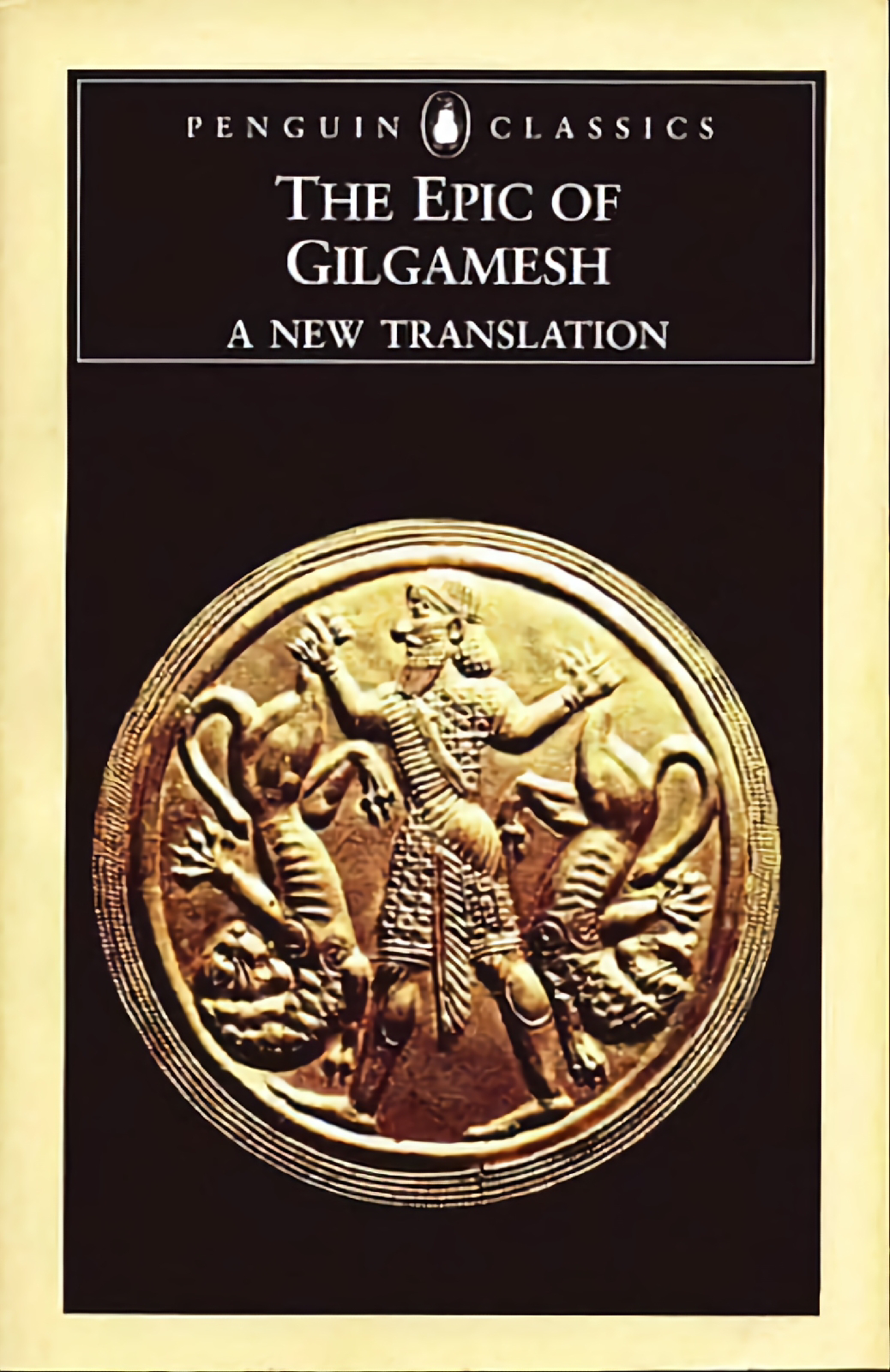"The Epic of Gilgamesh," a testament to the depth of human expression, stands as one of the earliest pillars of world literature.
"The Epic of Gilgamesh," a testament to the depth of human expression, stands as one of the earliest pillars of world literature. Originating from ancient Mesopotamia, around 2100-2000 BCE, this epic transcends time, unfolding in the Akkadian language, now preserved in fragments of tablets discovered in the 19th century.
At its heart, the epic chronicles the adventures of Gilgamesh, a Sumerian king of divine descent, and his companion Enkidu. Their exploits, ranging from the defeat of the formidable Humbaba to the confrontation with the celestial Bull of Heaven, weave a canvas rich in action and myth. Yet, the narrative's soul lies in Gilgamesh's transformative quest for immortality, triggered by Enkidu's poignant death.
The themes of "The Epic of Gilgamesh" resonate with a timeless echo. It delves into the intricacies of friendship, the haunting fear of mortality, the essence of the human condition, and the relentless pursuit of wisdom and eternal life. In Gilgamesh's evolution from an impetuous ruler to a sage, the epic encapsulates the journey of human maturation.
Historically, the epic is a window into the soul of ancient Mesopotamia, revealing the era's cultural fabric, religious beliefs, and the pervasive influence of gods in mortal realms. Artistically, it employs metaphors, repetition, and parallelism, adding a lyrical quality that cements its artistic excellence.
A striking feature is its flood narrative, eerily mirroring the biblical tale of Noah's Ark, underscoring the epic's vast influence. Despite the loss of its complete text, the fragments, particularly the "Standard Babylonian Version," continue to unveil its mysteries.
The legacy of "The Epic of Gilgamesh" is monumental. Its threads run through later literary works, including the Hebrew Bible, and it stands as a precursor to the epic traditions across cultures.
In essence, "The Epic of Gilgamesh" is not merely an ancient text; it is a reflection of humanity's eternal quest for meaning, a narrative that continues to captivate, educate, and inspire, echoing the profound depths of the human spirit across millennia.


